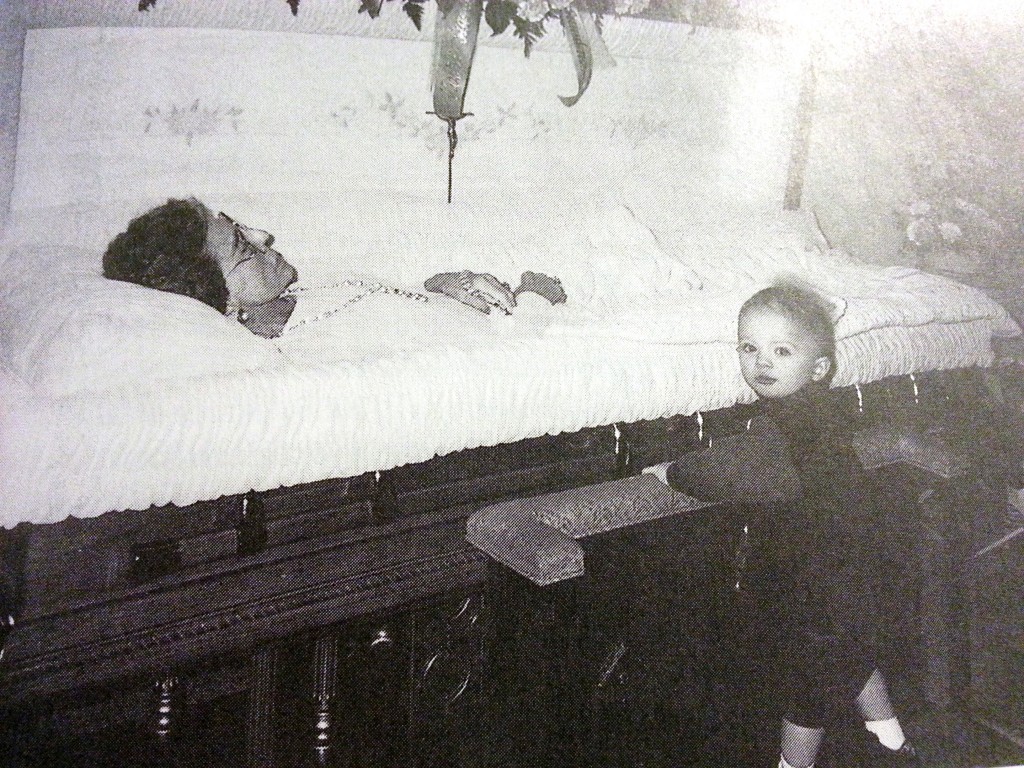Should You Talk to Your Children about Death?
This from “Death and Dying, Life and Living” (Page 346):
In our society, adults often wonder if they should talk to children about death, what they should say, and how they should act with children in death-related situations.
These questions arise in many ways:
Should we discuss death with children or teach them about loss and grief even before a death takes place?
What should we say to children after a death occurs?
Should we take children to funeral services?
Perhaps the most difficult of all questions of this type arise in situations in which adults (parents, family members, or care providers) are challenged by a child who has a life-threatening illness and who is facing his or her imminent death.
One recent contribution to the discussion (Kreicbergs et al., 2004) described a study of Swedish parents whose child had died from cancer between 1992 and 1997. Among the 561 eligible parents, 429 reported on whether they had talked about death with their child. Results showed that more than a quarter of those who did not talk with their child about death regretted that they had not done so. Similar regrets were reported by nearly half of the parents who had sensed that their child was aware of his or her imminent death. By contrast, among the parents who had talked with their children about death, “No parent in this cohort later regretted having talked with his or her child about death (p. 1175).
The implications of this study suggest that, despite all of the challenges involved in talking to a child about death and even in the very demanding circumstances of a child facing his or her imminent death, it is most often better to go ahead with such conversations. The main reason for this is that, as Rabbi Earl Grollman has often said, “Anything that is mentionable is manageable.” Opening a line of communication with children is preferable to allowing them to try to cope on their own with incomplete or improperly understood information and the demons of their own imaginations. In addition, a child who is able to have his or her concerns addressed in a thoughtful and loving way is a child who has someone he or she can trust when there is a need to look for a source of support.

